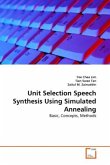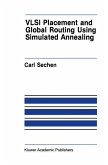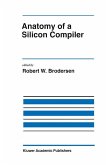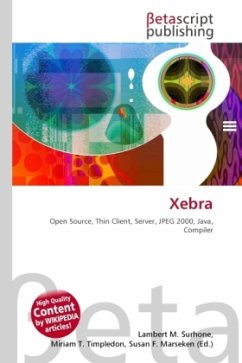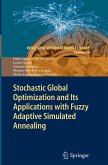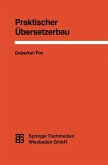A tool flow is presented for deriving accelerator
circuits on an FPGA
from ANSI C source code by exploring architecture
solutions that
conform to a preset template through scheduling and
mapping
algorithms. A case study carried out on simulated
annealing-based
scheduling software used for spacecraft systems is
explained. The goal
of the tool is the derivation of a design that
maximizes throughput
while minimizing footprint. Results obtained are
compared with a peer
C to RTL tool, a space-borne embedded processor and a
commodity
desktop processor for a variety of problems.
circuits on an FPGA
from ANSI C source code by exploring architecture
solutions that
conform to a preset template through scheduling and
mapping
algorithms. A case study carried out on simulated
annealing-based
scheduling software used for spacecraft systems is
explained. The goal
of the tool is the derivation of a design that
maximizes throughput
while minimizing footprint. Results obtained are
compared with a peer
C to RTL tool, a space-borne embedded processor and a
commodity
desktop processor for a variety of problems.


